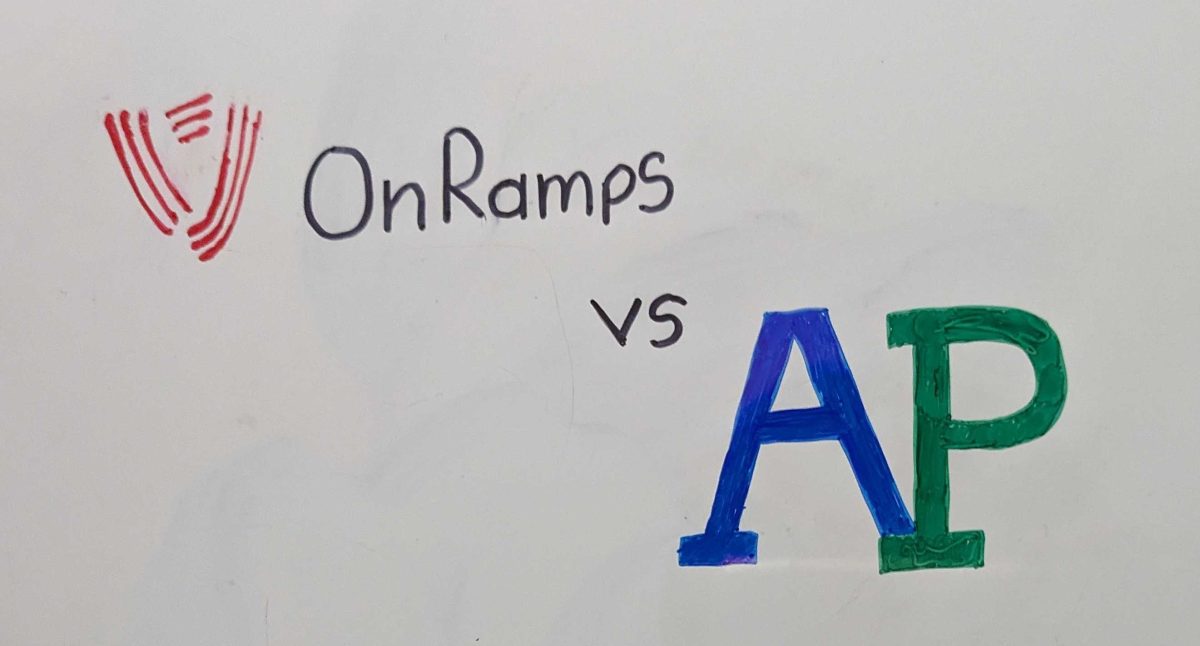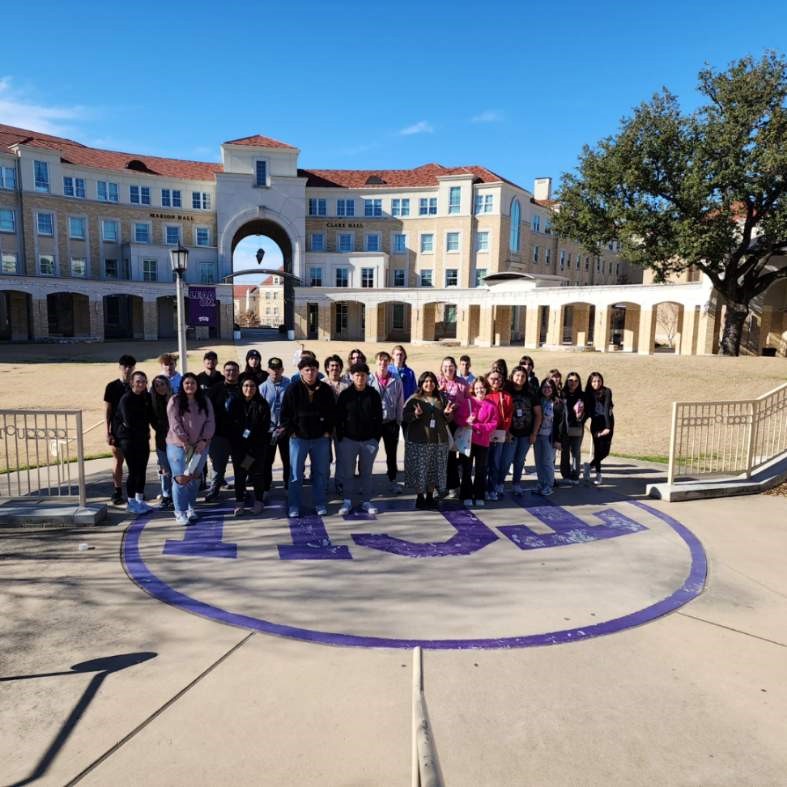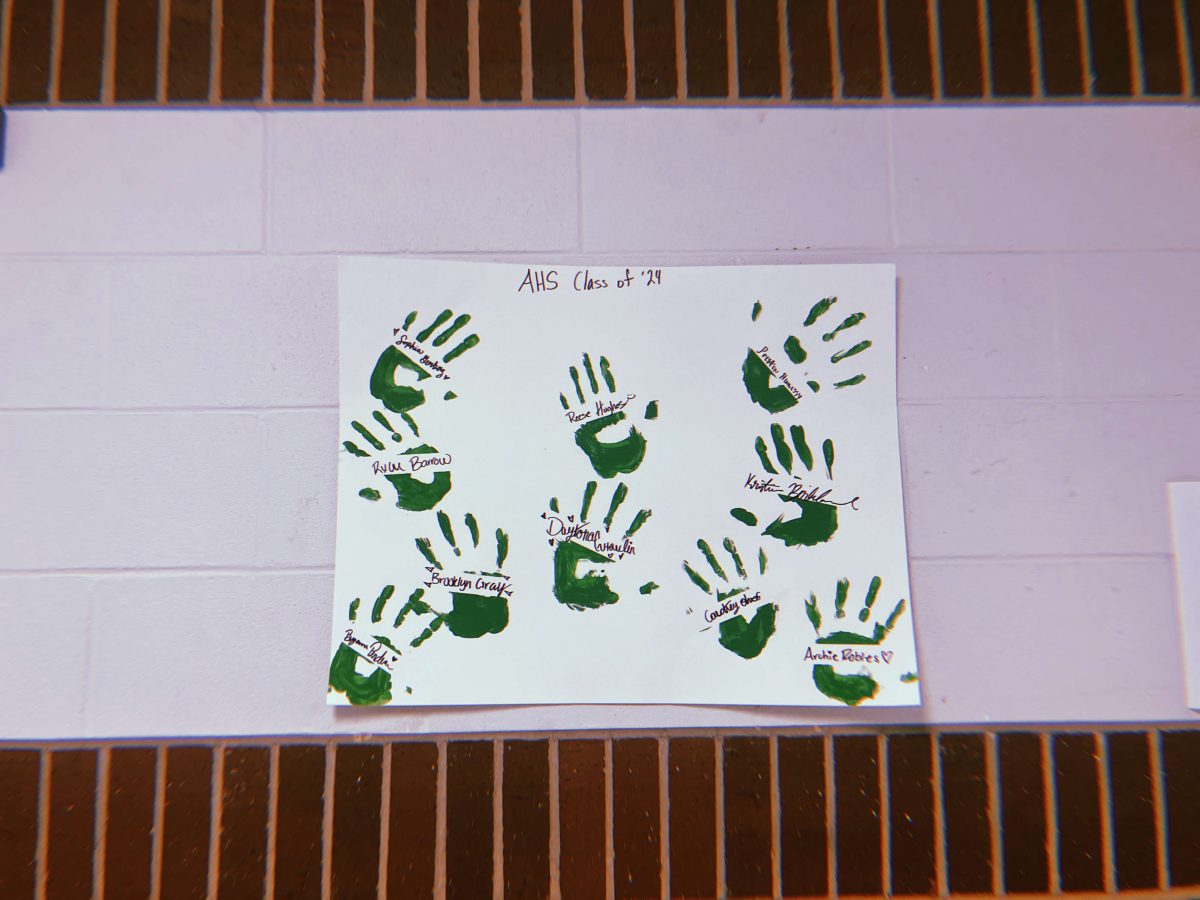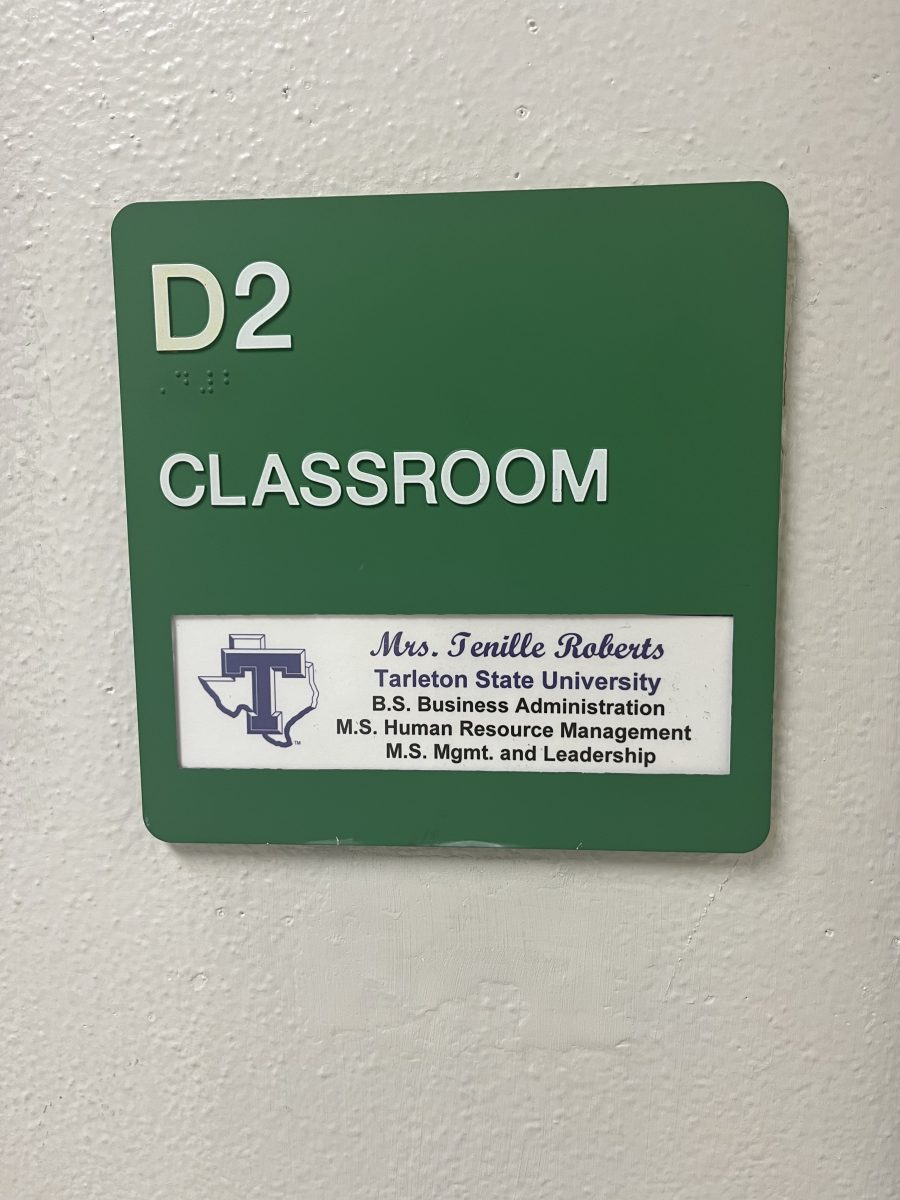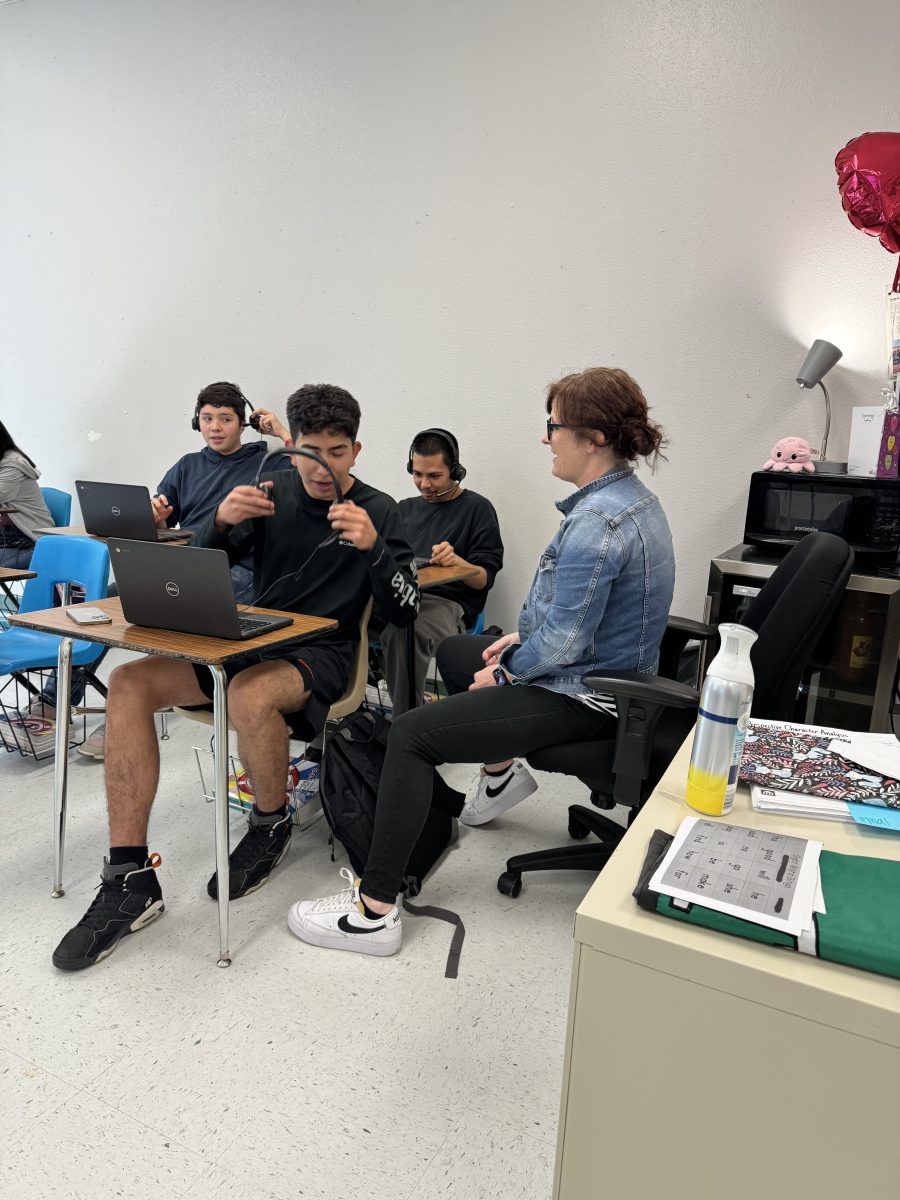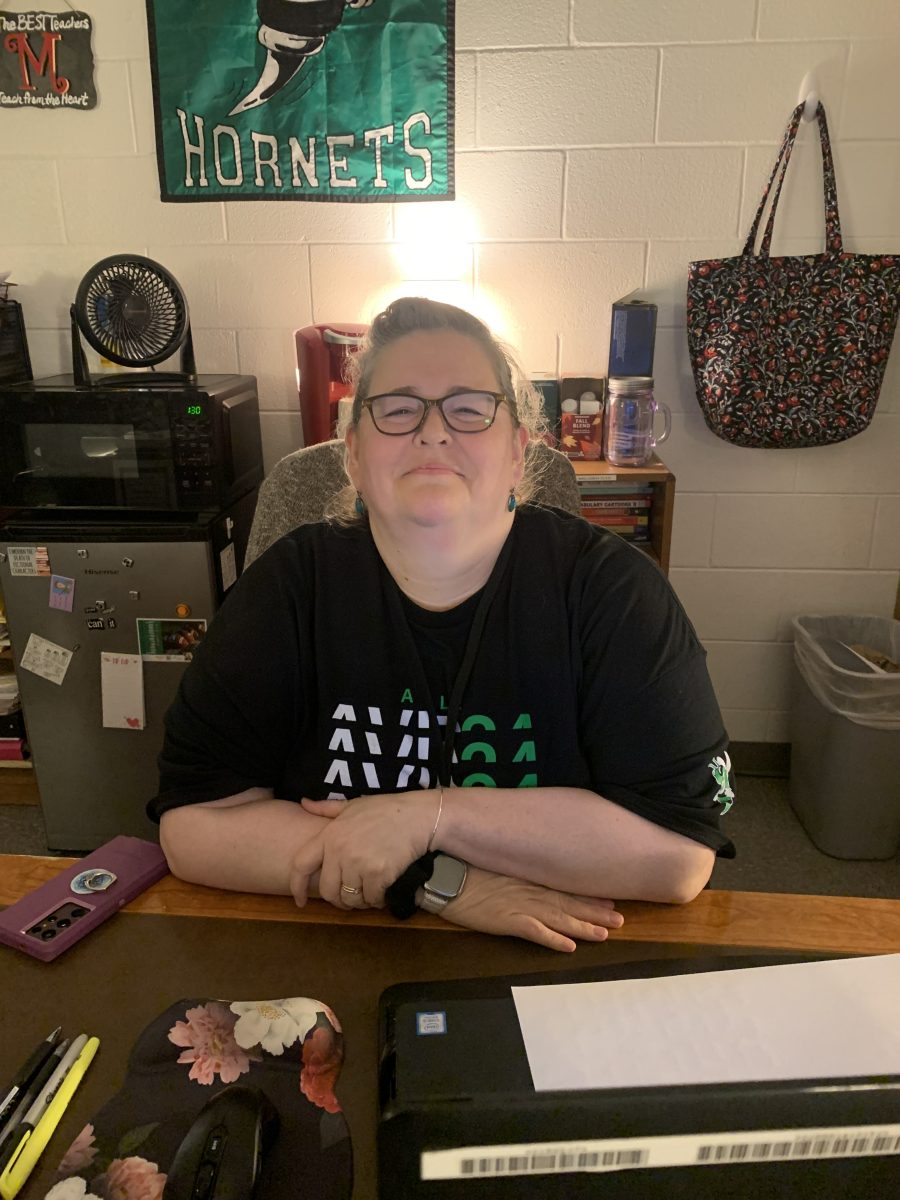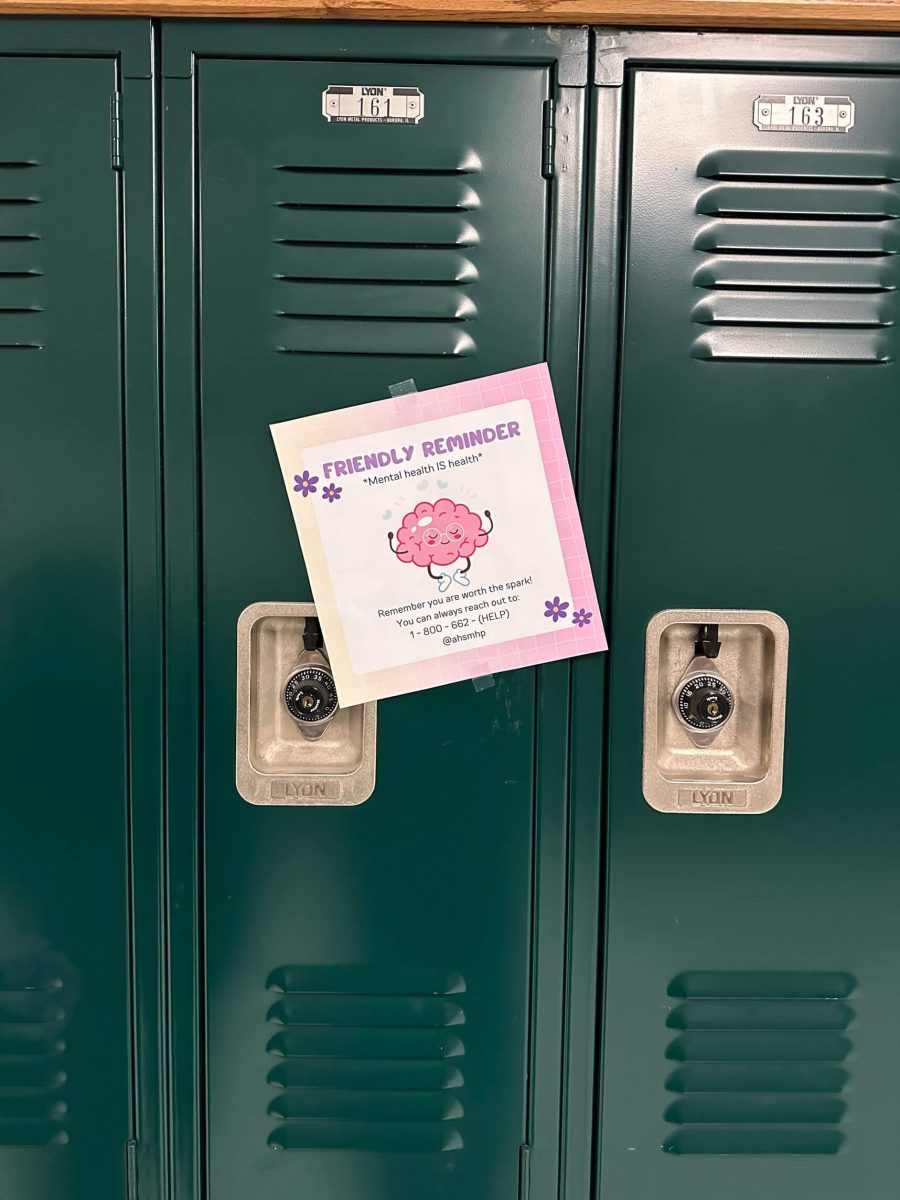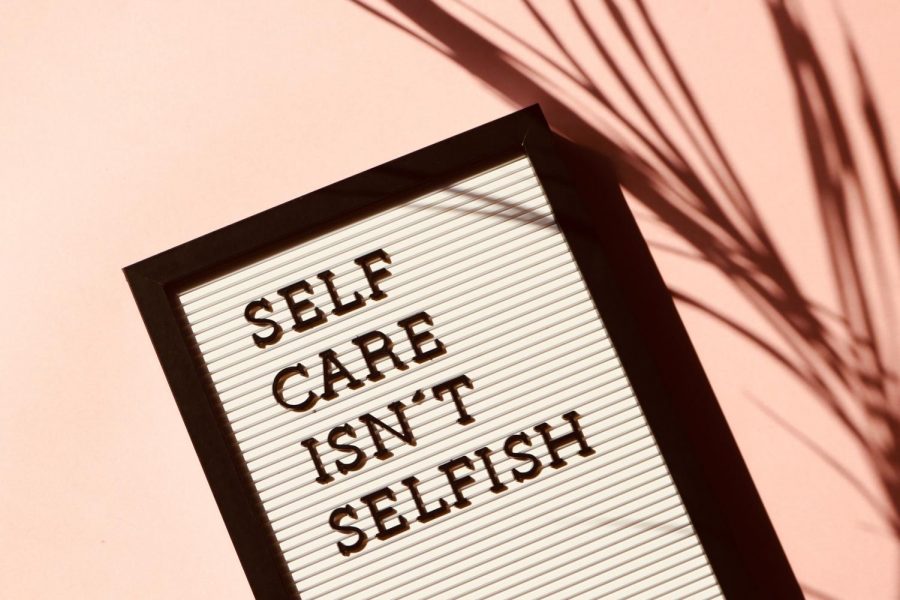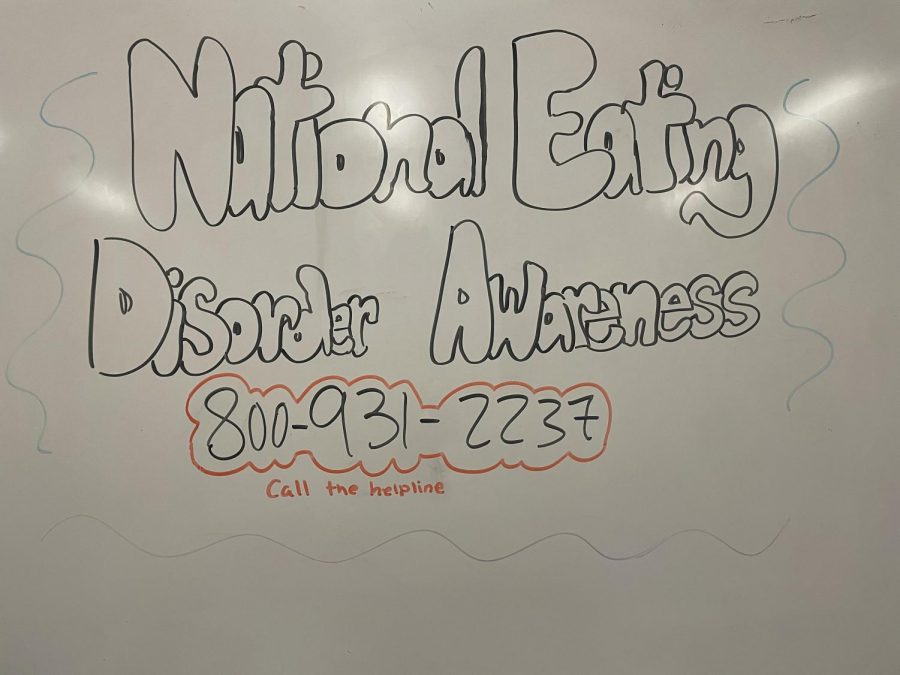National Eating Disorder Awareness Week
National Eating Disorder Awareness with the Eating Disorder Helpline is written on a whiteboard.
National Eating Disorder Awareness Week from Feb. 20-26 is an opportunity to raise awareness and educate the public about eating disorders. Eating disorders are serious, often fatal illnesses that negatively impact millions worldwide. These disorders include anorexia nervosa, bulimia nervosa, avoidant restrictive food intake disorder (ARFID), binge eating disorder and others.
According to the National Institute of Mental Health, 2.7% of teens will experience an eating disorder in their lifetime. This may not seem like a lot, but that’s actually millions of teenagers we’re talking about. Signs and symptoms may appear as extremely restricted eating, intense fear of gaining weight, dramatic weight loss, eating beyond fullness or until one is uncomfortably full, and an overall feeling of distress, guilt or shame about eating.
Eating disorders can cause lifetime physical and mental damage to teens and adults alike. Mental health conditions, such as depression and anxiety can exist before, during or after developing an eating disorder. These illnesses can cause damage to vital organs, loss of bone and muscle mass, heart failure, loss of menstruation, fatigue, and even death, according to The Eating Disorder Foundation.
The Eating Recovery Center mentions that there are several different factors that could cause an eating disorder, such as trauma, social stressors, family dysfunction, poor body image, and genetics as said by the Eating Recovery Center. It’s important to understand that there may not always be a reason or cause for this illness, so we must advocate for every person who has faced disordered eating.
During this week, it is crucial that we begin to remove the stigma around eating disorders. Individuals of all body types, gender, race, ethnicity and age can experience an eating disorder. Eating disorders are valid illnesses and cannot be treated by “just eating.” These illnesses are no different than other health conditions and require support, understanding and treatment by a medical professional.
Overall, this week and always, make sure to pay attention to your loved ones and speak up if you notice signs of disordered eating. If you need someone to talk to for support, resources, or treatment options contact the National Eating Disorders Association Helpline at 800-931-2237. Anyone who is experiencing an eating disorder is strong, loved, and can receive help today. You are not alone.

Hi, I’m Emporess :) I’m a Scorpio who dreams of being in the medical field one day and loves The Beatles, baking, reading, and more. I've been in journalism...



